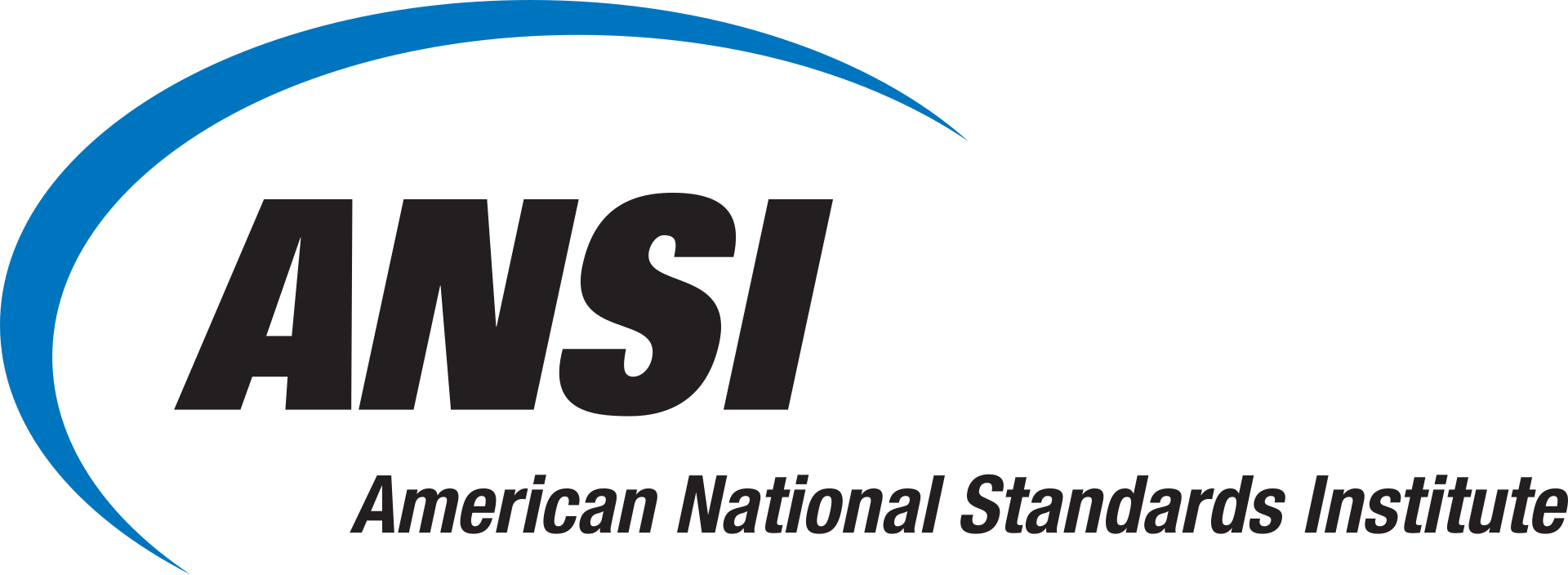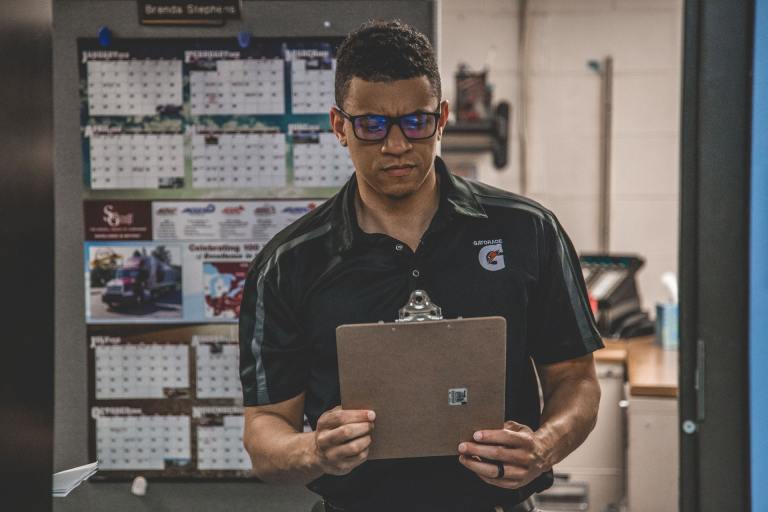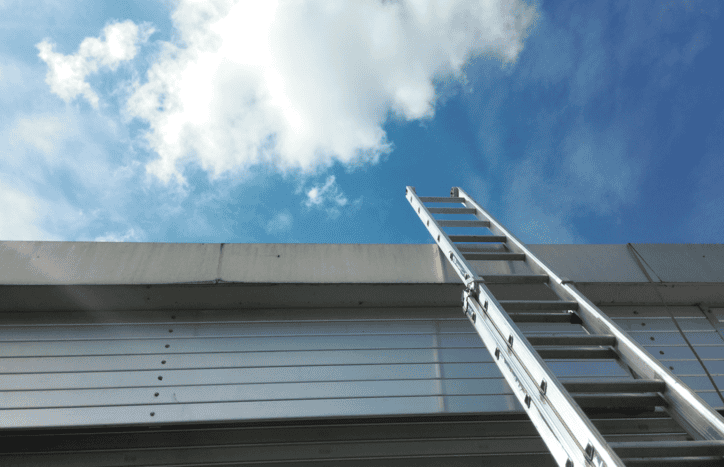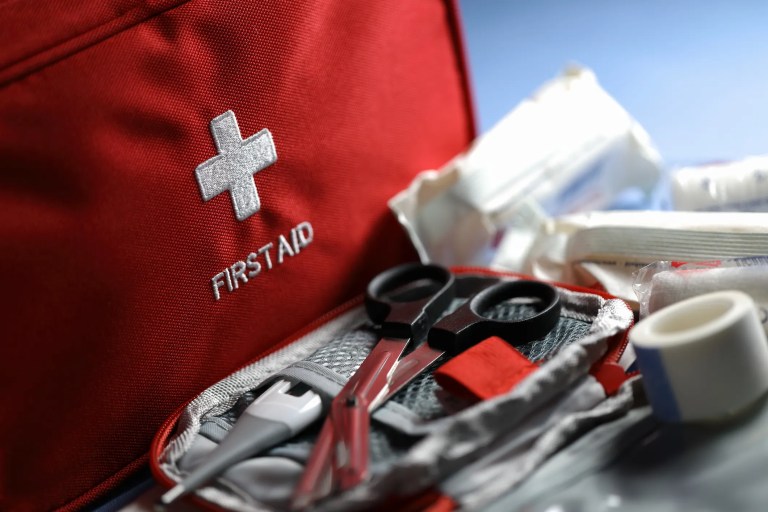ASTM D1193-24: Reagent Water
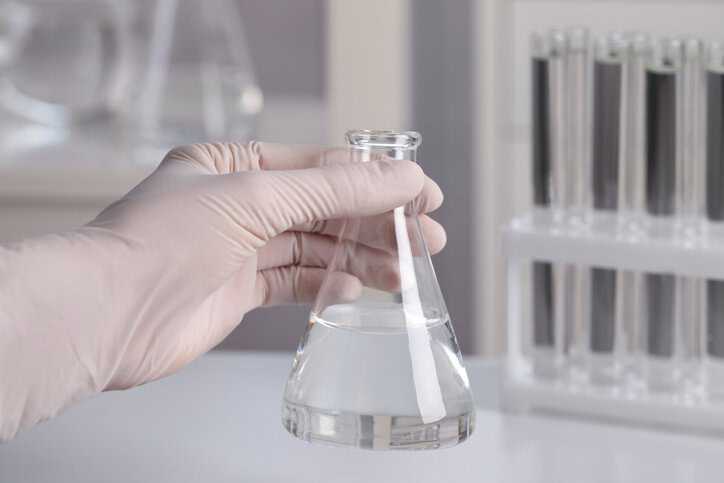
Since the primary goal of every laboratory is to produce accurate and reliable results, assuring the quality of reagent water (i.e., highly purified water) is of the utmost importance. ASTM D1193-24: Standard Specification for Reagent Water provides specifications of reagent water.
What Is Reagent Water?
ASTM D1193-24 details that reagent is water that is used specifically as a component of an analytical measurement process or for general laboratory use and meets or exceeds the specifications for these waters. Reagent water is highly purified water specifically designed for use in laboratory settings, where it needs to be exceptionally clean and free from contaminants to avoid interfering with chemical reactions or analyses being conducted.
It is used for sample dilution, stock and buffer solutions, which require minimal interference by ions, organics, bacteria etc. Essentially, reagent water is water suitable for preparing reagents and performing sensitive laboratory procedures without introducing unwanted substances that could skew the data.
What Is ASTM D1193?
ASTM D1193-24 covers the required characteristics of waters deemed suitable for use with the standards under the jurisdiction of ASTM International. The standard specifies the alphanumeric characters ascribed to water types and grades. The grade specifications specifically address contaminants of microbiological origin. Appendix XI of ASTM D1193-24 provides guidance for the applications, the preparation, use and monitoring, storage, handling, distribution, testing of these specified waters, and validation of the water purification system.
ASTM D1193-24 notes that it is the responsibility of the users of this specification to ensure that the selected water types or grades are suitable for their intended use.
Importance of Reagent Water in Laboratories
Tap water is typically not suitable for daily laboratory applications or specified processes because it still contains residues that could have an impact on process results. These residues can distort laboratory results, and analytical quantification in a laboratory needs clear results. The use of reagent-grade water—water free of substances that interfere with analytical methods—in a laboratory therefore allows for accurate and precise results. The overall quality of reagent water, however, depends on the water’s intended uses.
Validation of Reagent Water
Validation of reagent water refers to the process of testing and verifying that a water sample meets the required purity standards for use as a reagent in laboratory experiments. ASTM D1193-24 notes the validation of reagent water is critical to assuring its safety, efficiency, and reliability. The standard details that the validation process can be divided into four major qualification steps:
- Design Qualification (DQ)—The design qualification consists of defining the water types required depending on the applications and defining the technology(ies) to be used, including the monitors to verify water quality.
- Installation Qualification (IQ)—Installation qualification verifies and documents that the installation of equipment is consistent with predetermined specifications.
- Operational Qualification (OQ)—The operational qualification assures that the system is operating according to the predetermined specifications.
- Performance Qualification (PQ)—The performance qualification documents that the system is performing according to the predetermined specifications.
ASTM D1193-24: Standard Specification for Reagent Water is available on the ANSI Webstore.
